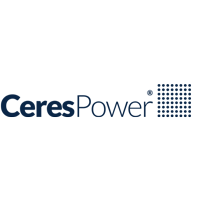Fuel cells convert electrical energy sourced from chemical energy, through an electromechanical reaction with oxygen or other oxidizing agents.
Primarily, a fuel cell functions as a battery, but is different in the way that in a fuel cell, fuel is supplied from an external source and fuel is converted to electricity without any involvement of a burning process.
The demand for alternative energy sources is growing at a global level, which in turn propels the development of associated products. The first commercial application of fuel cells happened with NASA’s space programs.
Fuel cells were used for application in probes, satellites and space capsules. Generally, fuel cells utilize oxygen and hydrogen during the electrochemical reaction process and generate electricity, heat and water. These cells are used where continuous flow of electricity is required. The cells provide continuous flow of electricity as long as source fuel is supplied. As fuel cells are carbon-free due to their non-burning nature, environmental norms support the development of this market.
Dominant market participants in the fuel cell market are Toshiba Corporation, Panasonic Corporation, Hydrogenics Corporation, Kyocera, AFC Energy, Ballard Power Systems, Inc., Ceres Power Holdings PLC (LON:CWR), Aisin Seiki Co. Ltd., Ceramic Fuel Cells Limited and Doosan Corporation.

